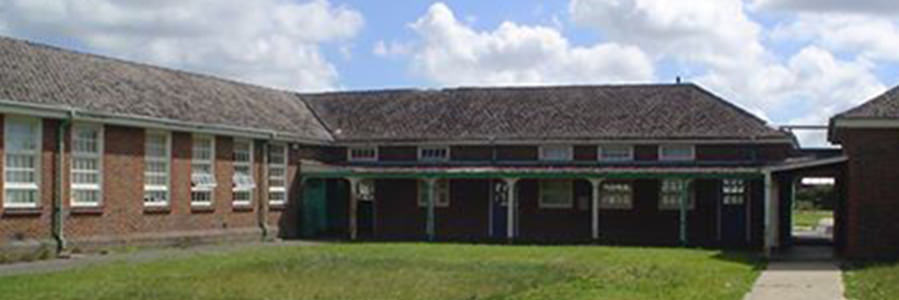Material for the Old Cicestrian’s Archive continues to trickle in, and I have just received a small bundle from Richard Dyer (1971-78) which includes two very interesting items relating to the early days of the school.
The first is a prospectus for 1935, dating from the time when the school was still a fee-paying institution – it did not become free until it became a state grammar school under the 1944 Education Act.
The fees were 15 guineas/term, payable in advance, and dinners were available at 4/- per week. Boys were admitted from age 10, but subject to having passed an entrance examination and providing a ‘certificate of good conduct’ from his former school.
In the opening paragraphs the objectives of the school are laid out, including the curriculum and the proviso that “…boys will be given the fullest opportunities for manly sport and physical training as well as for those other activities, e.g. school societies ,which are rightly considered vital factors in the development of character and self-expression” This is followed by the stern injunction that “…only on the plea of physical unfitness, supported by a doctor’s certificate, will a boy be excused games.” No hiding place for the non-sporty types then!
The school day ran from 9am to 3.45 pm followed by “Games or Societies” until 5pm. The list of staff includes many familiar names: Gahan, Holland, Quick, Reeves, Scales, Stables, O’Brien and Pelham who, of course, were still to be there in much later eras.
The second item is a programme for an evening’s entertainment given by the Dramatic Society on 6 December 1929; what must have been the School’s first-ever dramatic production.
The evening comprised three short one-act plays, namely The Bishop’s Candlesticks by Norman McKinnel, Maurice’s Own Idea by Miles Malleson and Augustus in Search of a Jubilee by Harold Chapin. In the first two all the roles – male and female – were taken by boys, but the last one was performed by three members of staff, Messrs Cooke, Scales and Quick , the scene being a London square by night.
Most of the costumes and wigs were provided by Messrs Drury and Co of Brighton whilst parents provided those for Maurice’s Own Idea as there was no in-house wardrobe in those pioneering days. It must all have made for a jolly evening.
As the programme has only four pages printed on flimsy paper and is of very small format. It must be a very rare survivor and we are lucky to have it for the archive.
Alan Green
Hon Archivist

